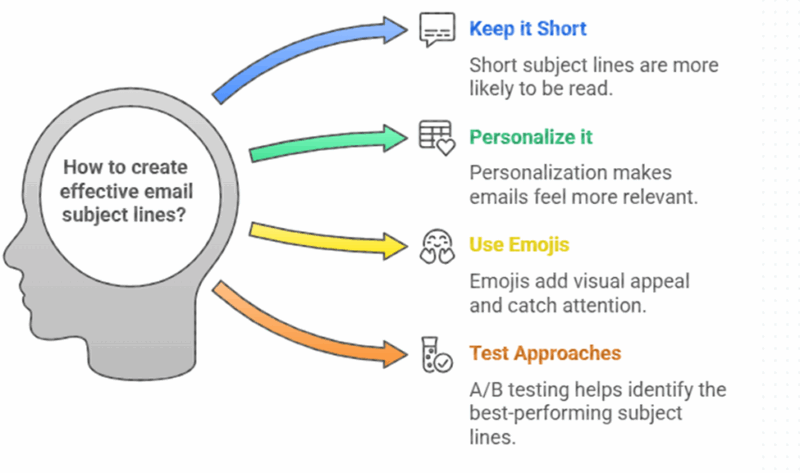
Public statistics on the number of phishing websites, particularly those targeting online casinos, are not always readily available as comprehensive, specific data. However, some general insights can be gleaned from broader cybersecurity reports and studies. For instance, platforms like Süperbahis and other popular online betting sites have increasingly become targets for phishing scams, as cybercriminals attempt to exploit users’ trust and financial transactions.
- Cybersecurity Reports: Organizations like Symantec, Kaspersky, and other cybersecurity firms often publish annual or quarterly reports on phishing and cyber threats. These reports sometimes include data on the prevalence of phishing sites, including those targeting specific sectors like online gambling.
- Government and Industry Studies: Some government agencies and industry groups may conduct studies or surveys that include statistics on phishing in the online gambling industry. For example, the Anti-Phishing Working Group (APWG) periodically publishes reports that track the growth of phishing attacks across various sectors.

- Media Reports: Major news outlets and tech publications occasionally report on the rise of phishing scams in online casinos, especially if there has been a significant increase or a high-profile case.
- Anti-Phishing Databases: Some organizations maintain databases of known phishing sites. While these may not provide comprehensive statistics, they do offer insights into trends and the scale of the issue.
But we’ve prepared some tips for you to avoid getting hooked by scammers.
Material prepared with the support of thegambling.in the website.
When choosing a trustworthy website in the gaming industry, especially when it comes to online casinos, it’s important to consider several key factors. Here are some tips:
- License and Regulation:
- Check if the site has a license from a reputable regulatory authority (e.g., Malta Gaming Authority, UK Gambling Commission, Curacao eGaming, etc.). A license indicates that the site undergoes checks and operates legally.
- Reviews and Reputation:
- Research reviews from other players. Reliable sites often have a positive reputation on forums and specialized platforms like Trustpilot or AskGamblers. Be cautious of sites with many negative reviews or accusations of fraud.
- Transparent Terms and Conditions:
- Review the site’s terms and conditions, especially those related to withdrawals, bonuses, and the use of personal information. Trustworthy sites provide clear and understandable information.
- Payment Methods:
- Reliable casinos usually offer a variety of secure payment methods, such as bank cards, e-wallets, and cryptocurrencies. Pay attention to withdrawal speeds and any hidden fees.

- Compliance with Security Standards:
- Ensure that the site uses SSL encryption to protect user data. A high level of cybersecurity is also important to safeguard your financial and personal information.
- Customer Support:
- Check if the site has 24/7 customer support available to assist you in case of issues. Reliable casinos offer multiple ways to get in touch, such as chat, email, and phone.
- Independent Audits:
- Trustworthy sites may provide information about the independent auditing of their games by organizations like eCOGRA to confirm the fairness and randomness of their games.
By following these guidelines, you can reduce the risk of encountering a fake site in the gaming industry.












